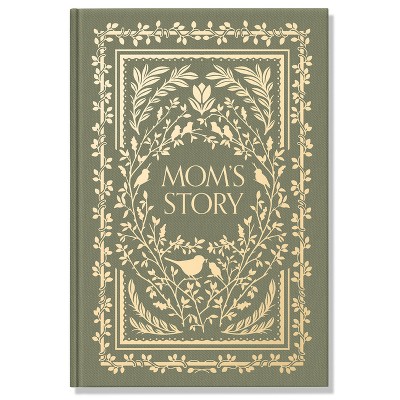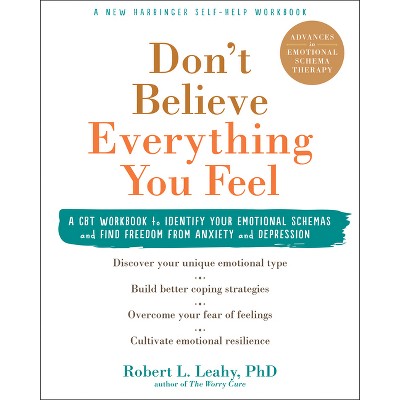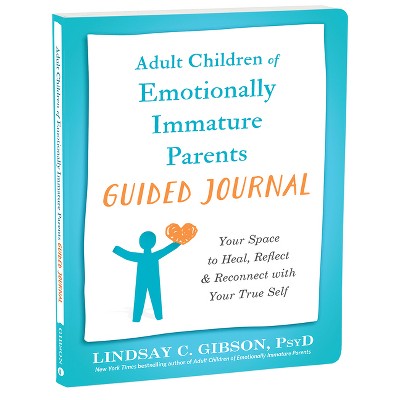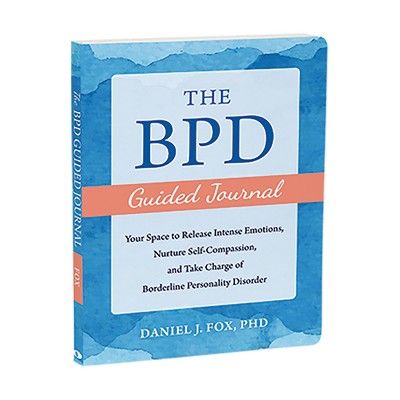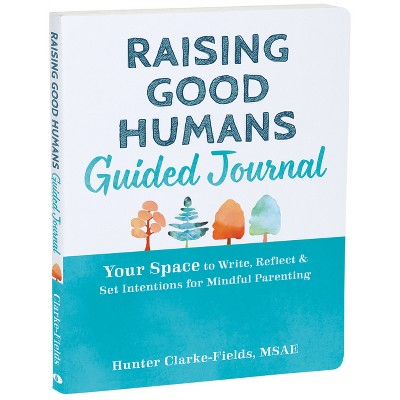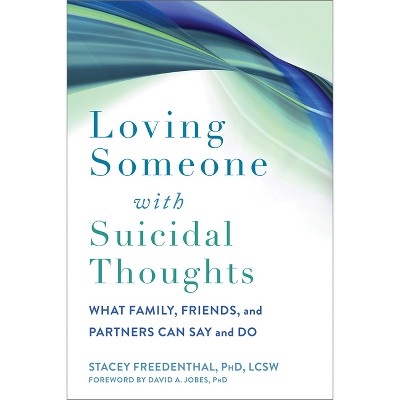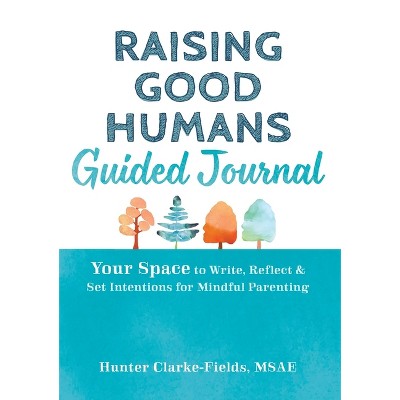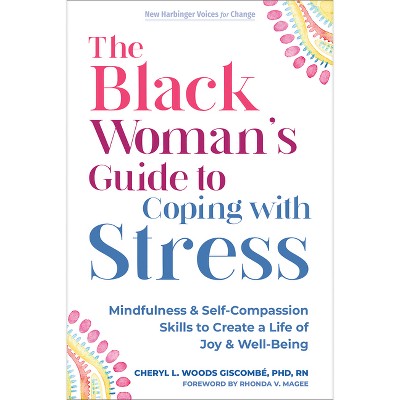Sponsored

The Suicidal Thoughts Guided Journal - (The New Harbinger Journals for Change) by Kathryn Hope Gordon (Paperback)
In Stock
Sponsored
About this item
Highlights
- If you or someone you love is dealing with a crisis right now, please call 988 or go to 988lifeline.org to reach the Suicide & Crisis Lifeline.
- About the Author: Kathryn Hope Gordon, PhD, is a licensed clinical psychologist who specializes in cognitive behavioral therapy (CBT).
- 176 Pages
- Self Improvement, Mood Disorders
- Series Name: The New Harbinger Journals for Change
Description
About the Book
Based in proven-effective cognitive behavioral therapy (CBT), this compassionate guided journal offers a safe space for people with suicidal thoughts to process and work through emotional pain, build essential coping skills, and look toward the future with hope. Readers will find practices to reframe suicidal thoughts in the moment, identify sources of connection and meaning in their lives, and foster psychological strength and better mental health.Book Synopsis
If you or someone you love is dealing with a crisis right now, please call 988 or go to 988lifeline.org to reach the Suicide & Crisis Lifeline.
A compassionate guided journal to help you to manage suicidal thoughts and find renewed hope.
If you're struggling with suicidal thoughts, please know that you are not alone. When you're suffering, life can feel overwhelming and even insurmountable. This guided journal offers a safe space to help you process these difficult thoughts, soothe emotional pain, and create a crisis plan if needed.
Grounded in cognitive behavioral therapy (CBT), this journal provides gentle writing prompts to help you safely explore your thoughts and feelings, understand symptoms and triggers, and identify your reasons for living. You'll also learn to set intentions to strengthen social connections, foster self-compassion, and rediscover activities that bring joy and meaning to your life.
Your life and well-being matter, and you are loved. No matter how you are feeling at this moment, this guided journal is here to support your journey toward renewed hope and the happiness that you deserve.
Review Quotes
"The Suicidal Thoughts Guided Journal is an accessible, step-by-step, nonjudgmental method to handle suicidality. Written in warm, empathic, and earnest language, Kathryn Hope Gordon has put together a complete, science-based, aide-de-camp for clinicians, their clients, and even family members of people affected by suicidality. The activities and exercises in the journal are explained in everyday terms that will help individuals navigate current suicidal crises and build a hopeful life plan for the future."
--Leonardo Bobadilla, PhD, associate professor of psychology at Pacific University--Leonardo Bobadilla, PhD
"From the very first page, this guided journal creates a sense of warmth, safety, and validation. Through compassionate writing and practical exercises, it provides readers with strategies to navigate suicidal thoughts and tools to build a more hopeful future. Thoughtfully designed, it feels less like a clinical workbook and more like a supportive companion, offering reassurance and actionable steps to those who need it most."
--April R. Smith, PhD, alumni professor of psychological sciences at Auburn University, and director of the Research on Eating Disorders and Suicidality Laboratory--April R. Smith, PhD
"Kathryn Hope Gordon beautifully balances the provision of science-based information and empirically supported techniques with a warm and compassionate style of delivery. Her guidance does not read like a set of instructions; rather, working through this book feels more like having a conversation with a caring and knowledgeable friend. Readers will find that the exercises facilitate healing while her words inspire hope."
--Yessenia Castro, PhD, associate professor and associate dean for doctoral education in the Steve Hicks School of Social Work at The University of Texas at Austin--Yessenia Castro, PhD
"Kathryn Hope Gordon's book is a compassionate, practical guide that makes journaling feel approachable rather than overwhelming. With the voice of a kind and skilled friend, she breaks down proven strategies into accessible steps, sharing her own lived experiences to make them even more meaningful. Timely yet timeless, her clear and powerful language speaks directly to the reader, offering comfort and actionable tools for healing."
--Tracy Witte, PhD, director of clinical training and alumni professor in the department of psychological sciences at Auburn University--Tracy Witte, PhD
"Kathryn Hope Gordon's guided journal is a compassionate, practical resource for those facing mental health challenges. With evidence-based tools and gentle prompts, it empowers readers to navigate crises, nurture self-compassion, and build hope. Gordon's expertise as a therapist and researcher shines, making this a valuable companion for anyone seeking safety, connection, and healing."
--Ted Bender, PhD, MBA, chief operating officer of ABA Centers--Ted Bender, PhD, MBA
"This book has the potential to save your life. Kathryn Hope Gordon is a leading expert on the topic of suicide prevention, and this guided journal does a masterful job of applying research-supported strategies to a guided self-help format. This journal could be used on its own or in conjunction with therapy, as a comprehensive tool that includes the core components to soothe emotional pain, build coping skills, and find hope."
--Scott Waltman, PsyD, ABPP, president-elect of both the Academy of Cognitive and Behavioral Therapies, and the International Association of CBT; and lead author of TheStoicism Workbook--Scott Waltman, PsyD, ABPP
"This guided journal is a gift to those struggling and suffering with suicidal thoughts. Kathryn Hope Gordon's words are validating, encouraging, and compassionate, but also honest and, at times, delightfully funny. Gordon is a master psychotherapist: this book will allow many more people to walk with her on a journey toward safety, reduced suffering, and hope. This book will also serve as an invaluable experiential teaching tool for mental health trainees to help them develop both expertise and compassion in helping those with suicidal thoughts."
--Kimberly A. Van Orden, PhD, associate professor at University of Rochester Medical Center, codirector of the Center for the Study and Prevention of Suicide, and coauthor of The Interpersonal Theory of Suicide--Kimberly A. Van Orden, PhD
"This is an excellent resource for those navigating tough moments and heavy hearts. It provides meaningful, practical, approachable exercises that are evidence-based and compassionate--and are a toolkit to reduce overwhelm. These prompts and exercises that Kathryn Hope Gordon has written are a guide to navigating difficult experiences, and can be an entry point or supplement to professional help."
--Jessica B. Stern, clinical psychologist, consultant, speaker, CEO of Three Lemons LLC, and assistant professor of psychiatry at NYU Langone Health--Jessica B. Stern
"This wonderful, immediately useful journal will save lives. The prompts guide readers struggling with suicidal thoughts toward authentic expression, perspective taking, and actionable steps to strengthen their connections to life. I'm so grateful to Kathryn Hope Gordon for creating such an outstanding resource that will bring hope to countless people."
--Joel Minden, PhD, psychologist, and author of Show Your Anxiety Who's Boss--Joel Minden, PhD
About the Author
Kathryn Hope Gordon, PhD, is a licensed clinical psychologist who specializes in cognitive behavioral therapy (CBT). Gordon is also an educator who trains therapists in compassionate, scientifically informed mental health care. She was a professor for ten years, and has published more than eighty peer-reviewed articles and book chapters on suicidal behavior, disordered eating, and related topics. She is author of The Suicidal Thoughts Workbook. Foreword writer Thomas Ellis Joiner Jr., PhD, is Bright-Burton professor of psychology, and director of the University Psychology Clinic at Florida State University. He has served as associate editor of the Journal of Behavior Therapy; and sits on ten editorial boards, including that of the Journal of Consulting and Clinical Psychology.Shipping details
Return details
Guests also viewed

